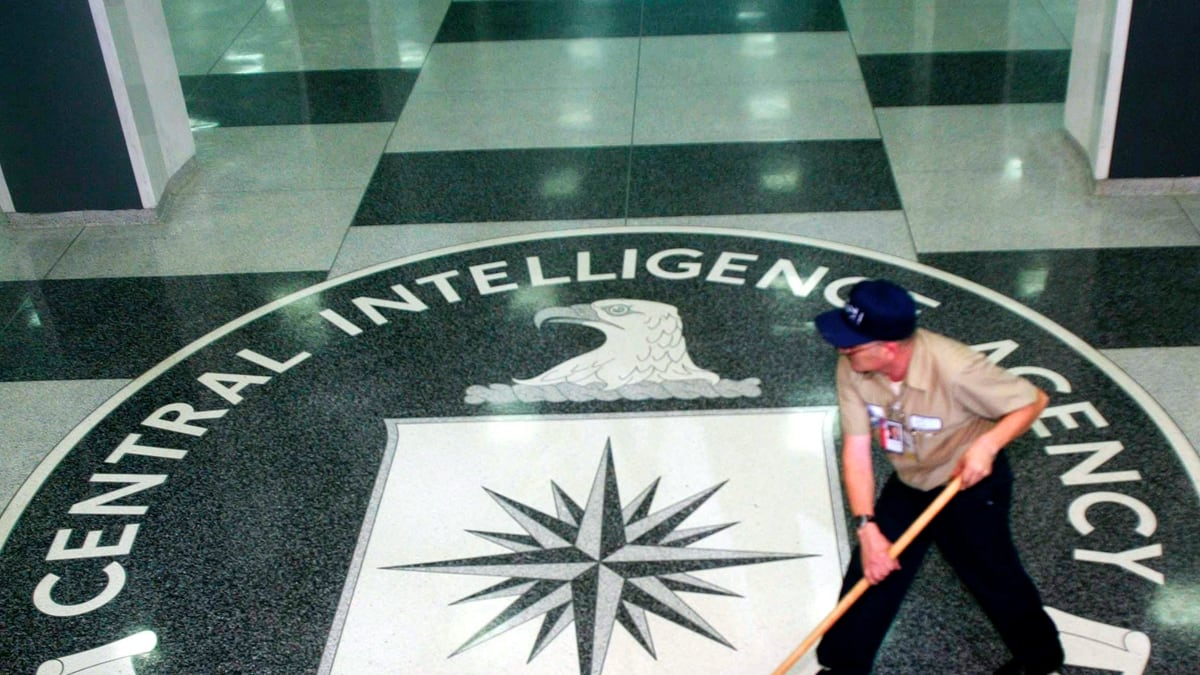When CIA agent Robert Seldon Lady devised the plan to swoop Egyptian cleric Osama Moustafa Hassan Nasr, better known as Abu Omar, off a Milan street on a chilly February morning in 2003, he says he was just following orders from his American bosses. “Of course it was an illegal operation,” Lady told Italy’s Il Giornale newspaper at the time. “But that’s our job. We’re at war against terrorism.”

Abu Omar, who was on an American terrorist suspect watch list, was on his way to morning prayers at his mosque that fateful day. He was jumped in broad daylight and thrown into the back of a van and driven to a NATO airbase in Aviano, Italy, from which he was flown on a Learjet to another NATO base in Germany en route to Cairo. There he was tortured for 12 hours a day for seven months, according to his testimony from Amnesty international. The case exposed the rather unsavory practice of “extraordinary rendition” in the war on terror led by former president George W. Bush, and the Italian authorities were not impressed. Italy’s chief prosecutor Armando Spataro opened a criminal investigation when details of the torture—including the cleric being hung from his feet with electric prods on his genitals—came to light. “The kidnapping of Abu Omar was not only a serious crime against human rights, it was a defeat in the fight against terrorism,” Spataro told Newsweek at the time. Lady was not involved in the physical act of kidnapping, but he was allegedly present in Egypt when Abu Omar was tortured.
In June 2007 Lady, along with 21 other CIA agents, including CIA Italy chief Jeff Castello, the Air Force pilot who flew Abu Omar, and two Italian secret-service agents who were supposedly in cahoots with the Americans, were tried for kidnapping the cleric. They were convicted in 2009 after a lengthy trial and sentenced to between seven and nine years in prison. Lady and the others fled Italy when the trial began, presumably to escape prosecution, and have not been back since. Italy did not ask to extradite the agents at the time, in part because then–prime minister Romano Prodi considered the episode a threat to state secrecy and signed an order to keep all details classified. In December 2010, an appellate court upheld the convictions of the Americans but ordered a retrial for the Italians under an Italian state-secrecy loophole.
Last September, Italy’s highest court upheld all of the Americans’ convictions, but suspended the sentences for all but Lady, who is known as “Mr. Bob” in the Italian press. In December, Italy’s attorney general signed an order for Lady’s arrest, which resulted in an Interpol arrest warrant that ultimately snared the former spook. According to Italian press reports, Lady, who was born in Honduras, then left the United States, headed for Latin America. This week he attempted to flee from Panama to Costa Rica but was detained at the border on the Italian-led Interpol arrest warrant. The Italian justice department has confirmed the detention, but the American Embassy in Rome, the CIA, and the Panamanian justice department have all declined comment and confirmation. On Thursday, Italy’s justice minister signed the order to formally arrest Lady, opening a two-month window in which they can legally seek to extradite the American back to Italy to serve his sentence. Italy and Panama do not have an extradition treaty, but Panama can honor the Italian request for extradition. There is no word yet on whether the Americans have also sought to extradite Lady back to the United States.
Lady was the only CIA agent convicted in the extraordinary rendition abduction on the Interpol wanted list. In February 2013, Italian military intelligence chief Nicolo Pollari was convicted and sentenced to 10 years in prison for aiding the Americans in the abduction. He remains free on appeal. Two months later, in April, Italian president Giorgio Napolitano pardoned Castello and two other agents who worked for at the American embassy in Rome. He also pardoned the Air Force colonel, but left Lady’s conviction intact. Lady, who owned a multi-million dollar villa in Piedmont, had planned on retiring in Italy. After his conviction, the house was confiscated and sold to pay off part of the restitution to Abu Omar.
Now, Italy, the United States and Panama must strike a delicate balance in terms of about what to do with Mr. Bob. The Italians, still stung by revelations of widespread American surveillance across Europe thanks to the Edward Snowden affair, may not feel as generous as they did when Lady was first convicted. The international incident is the first major test of diplomacy for Italy’s acting Prime Minister Enrico Letta, who has so far refrained from comment. Thanks to revelations brought out by WikiLeaks in 2010, the Italian judiciary apparently succumbed to American pressure in the case and agreed not to seek International arrest warrants for the American spies.
Times have obviously changed since then, but whether Panama feels a greater alliance to America or Italy will likely determine Lady’s ultimate fate.






